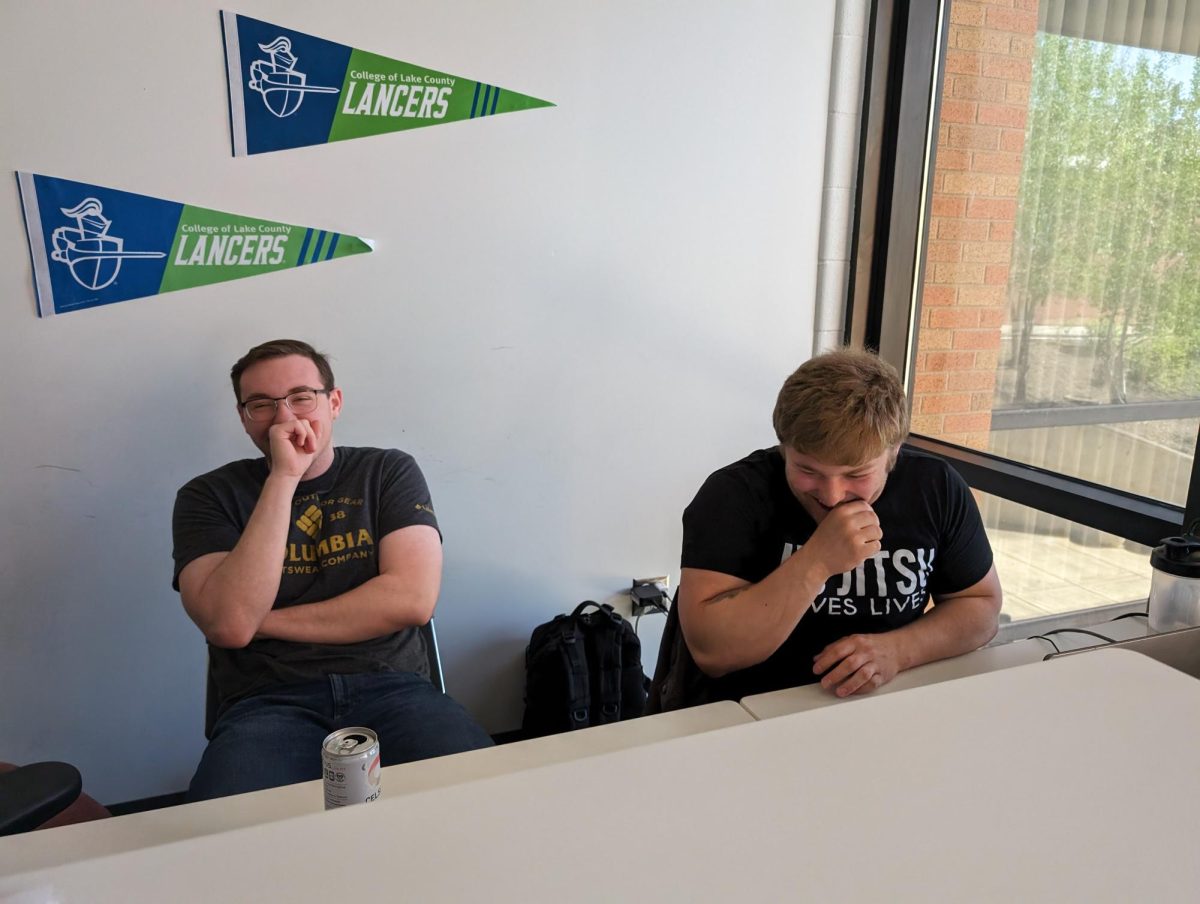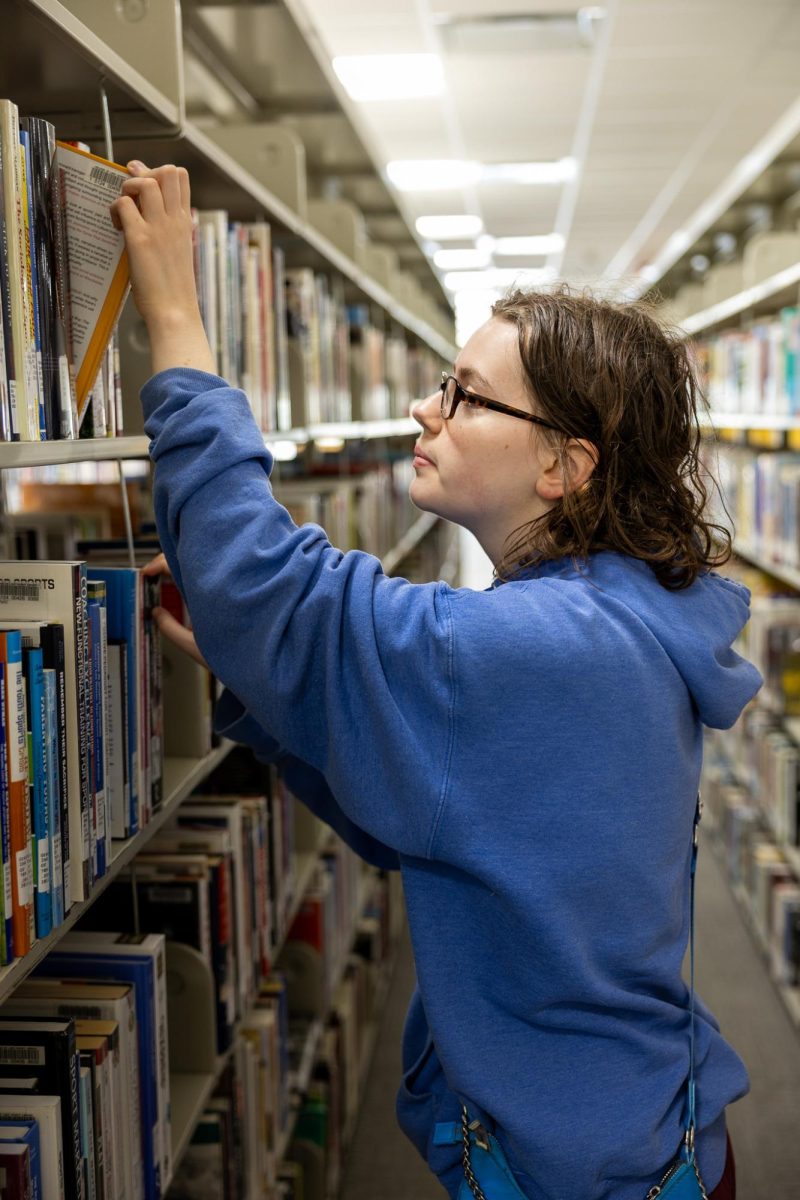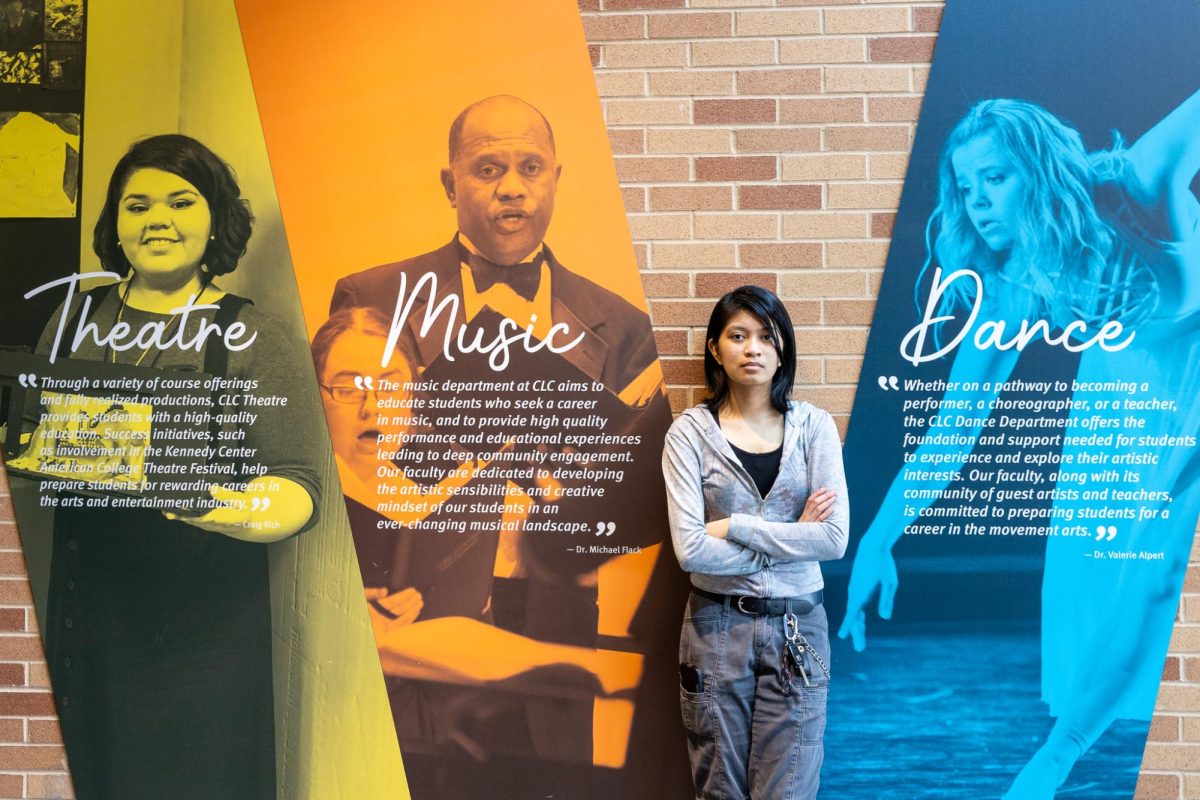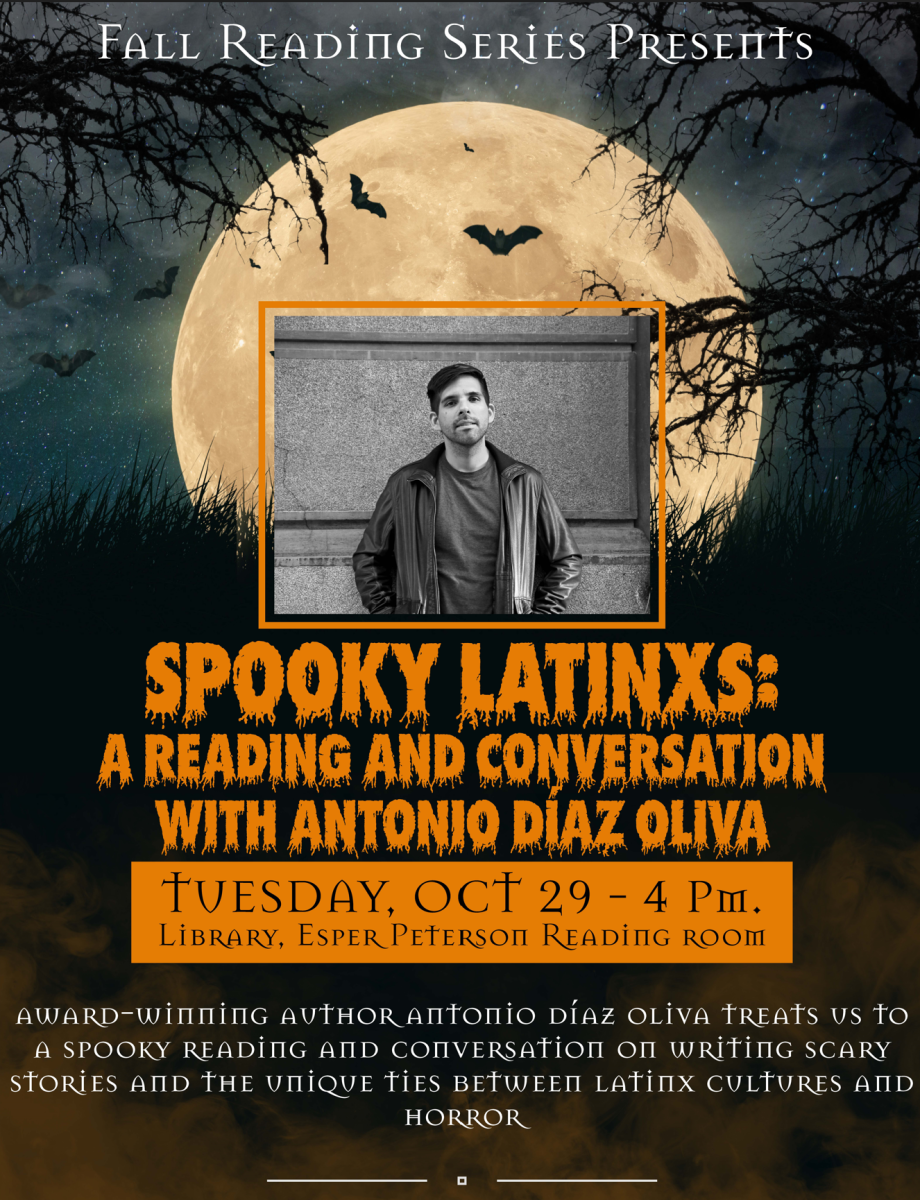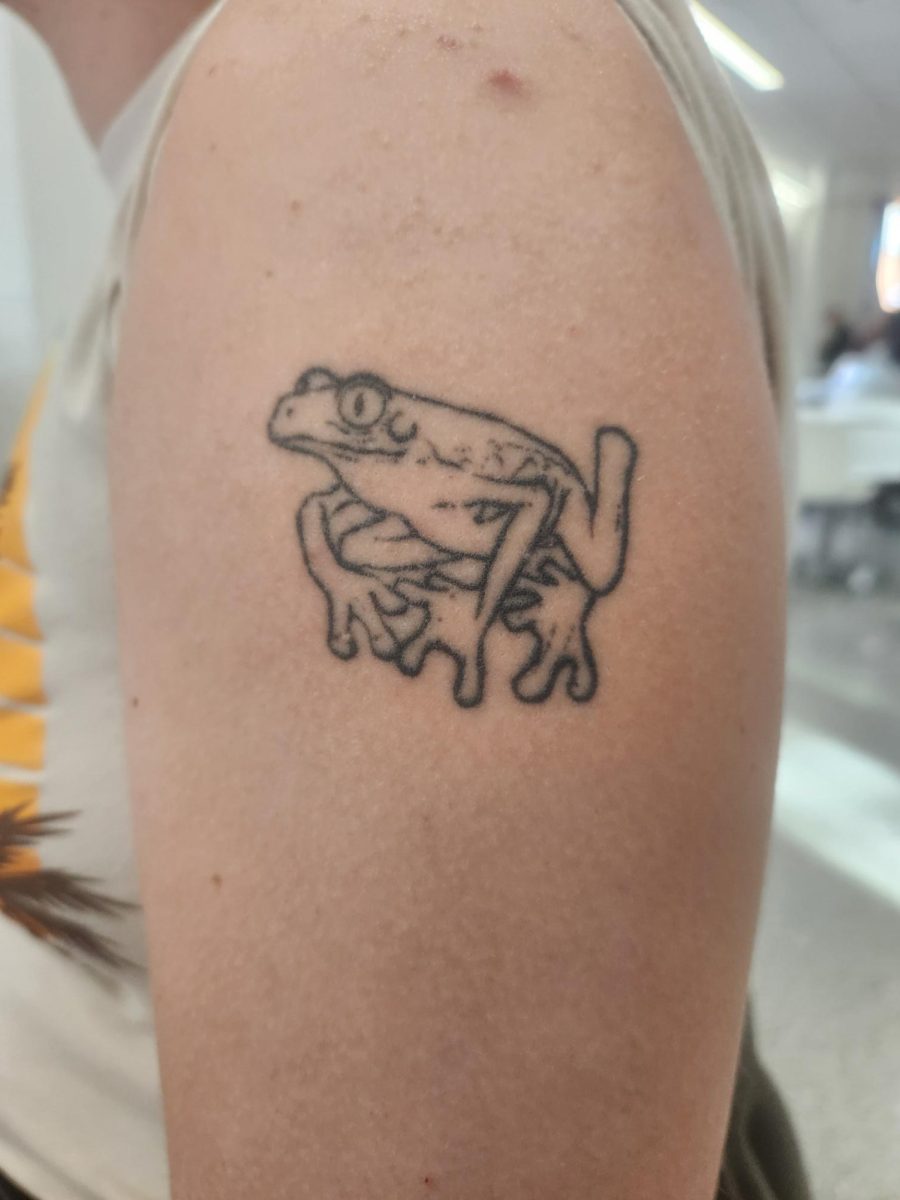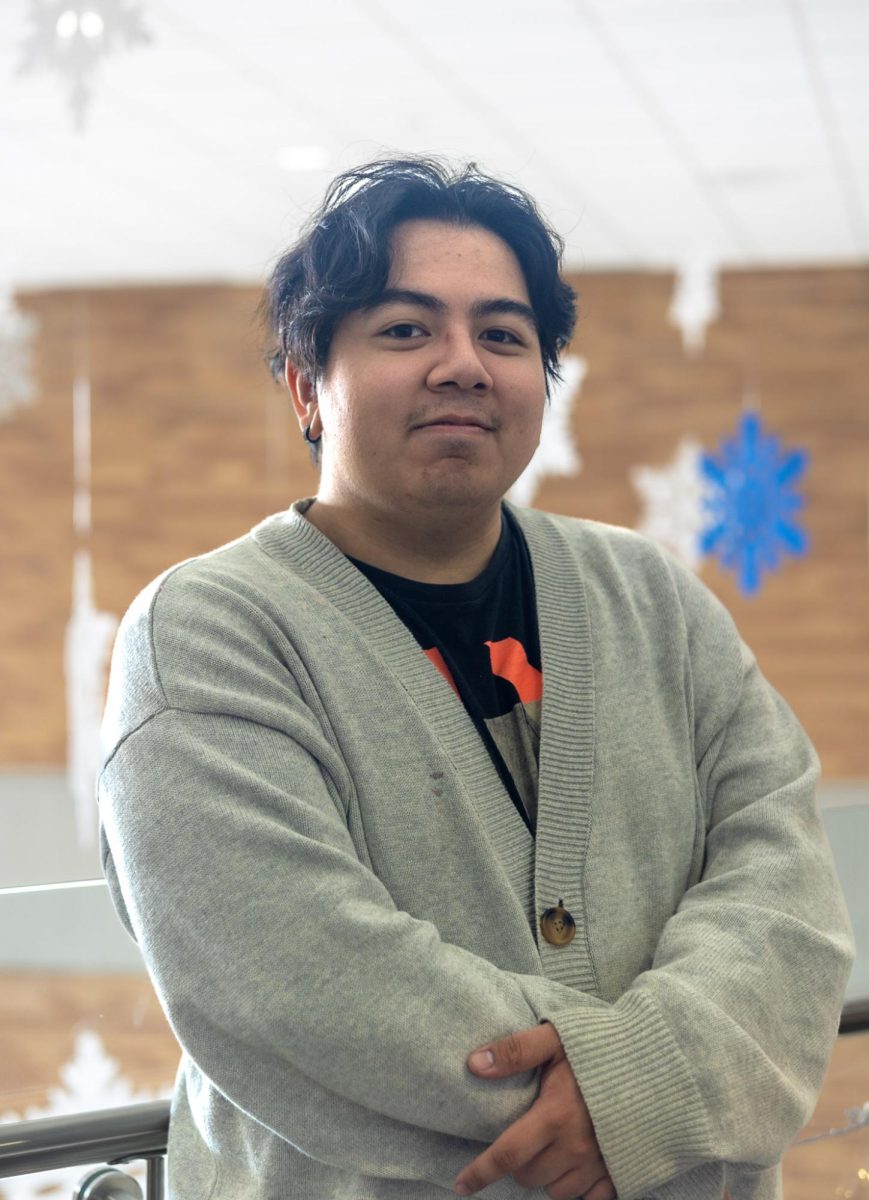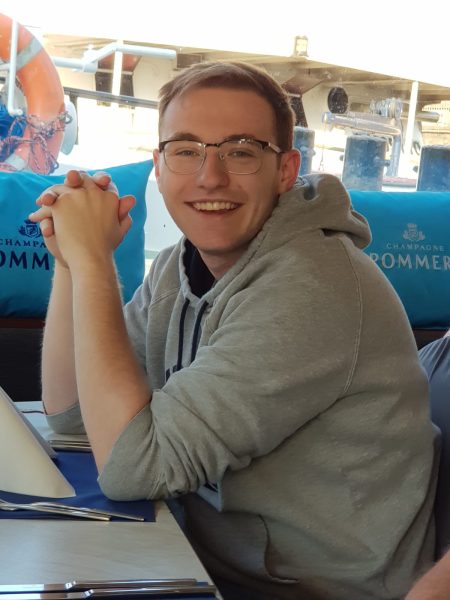Most people will spend their lives working after high school or college. Whether through trades or corporate positions, people will always need money to live anywhere they go. However, in between those careers are part-time jobs. They could be done out of sheer necessity or because people want extra spending power.
A college student should be familiar with part-time jobs. They are the positions that keep aspiring degree seekers from getting kicked out of their apartments for late rent and paying for the degree. Although not all jobs are the same, depending on which one you get, it could make your life miserable or add valuable experience to a growing resume.
That is one of the most missed aspects of on-campus jobs; in my limited experience, they were probably one of the best incomes and experiences I could have asked for.
Unlike my previous job as a Sales Associate for Best Buy, a job where I worked twenty to twenty-five hours a week on top of a fifteen-credit-hour fall semester, It was a job that drained every bit of energy out of me, where I stood for eight-hour shifts and got home at ten and could do nothing more than sleep. But somehow, I made it with all A’s.
I knew this would not last, and I would need to do something else sooner or later. So, I looked at the College of Lake County’s (CLC) job offers. One of them was related to my previous position—student ambassador. It was a front-facing, ‘customer-oriented’ job where I would help students and give tours. Add on the good hourly wage and flexible work week, and I had to apply.
However, I was surprised to learn how beneficial it would be to my education at CLC. From the flexible schedule and understanding of managers to the maximum of twenty-hour work weeks, it let me focus on classes while being able to afford the tuition at CLC. Add on the ability to do homework when not busy with students, and it was a great choice for part-time work.
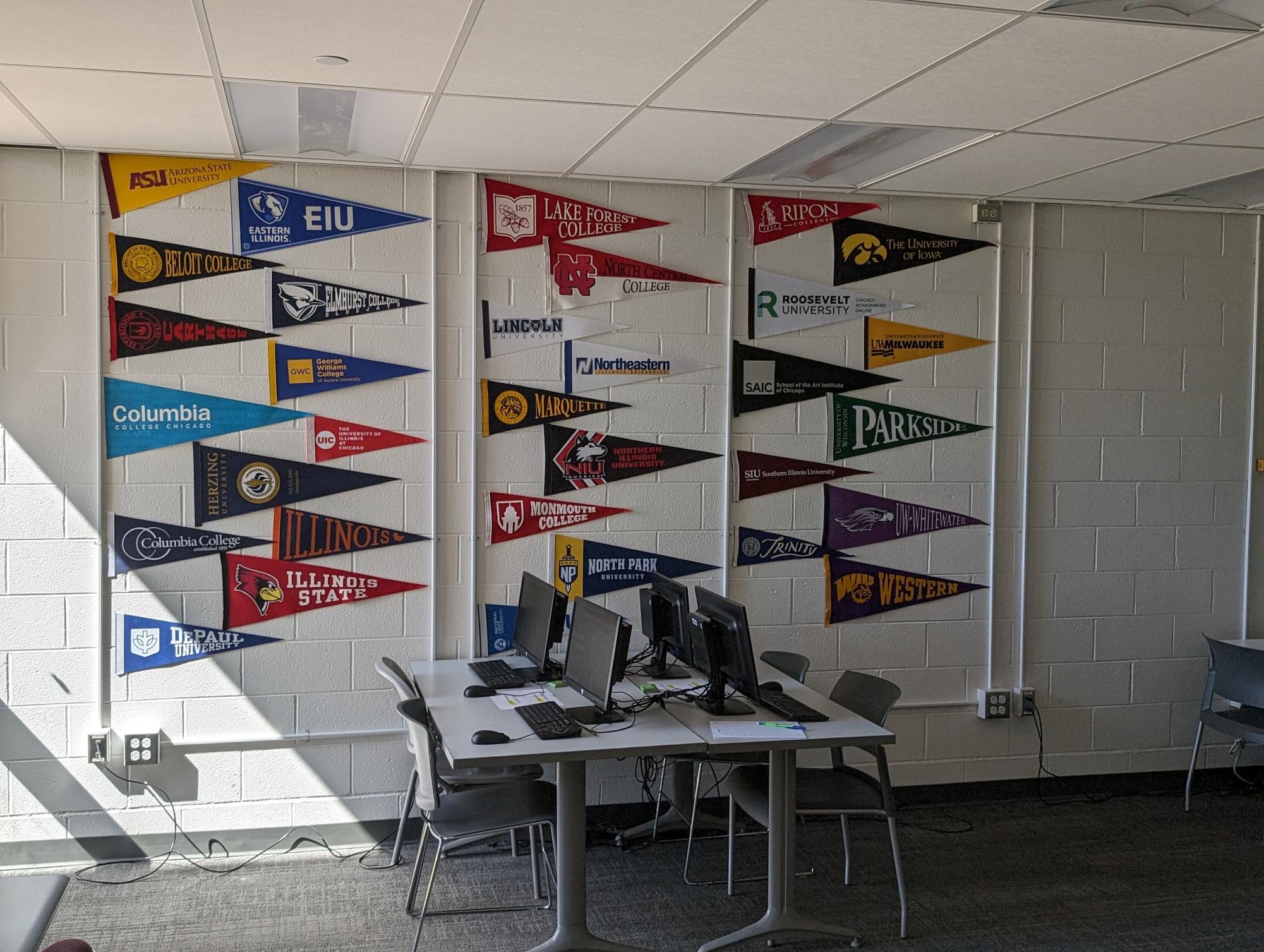
In addition to this, the general experience and environment were some of the best I worked in as a student. I was trained to use CLCs’ sometimes confusing and convoluted website and understand degree and certificate requirements. Overall, the job helped me understand how some parts of college worked.
It is a skill that is still useful today in transfer planning and my continuing college experience. Without the skills I learned, there would be no chance I would have had such an easy time navigating other university websites or applying for university programs.
In terms of personal aspects, I formed more connections with incoming students, even if it was just for one semester or a mere fifteen to twenty minutes of someone’s day. Helping those who need help registering for classes, fixing an issue, or just pointing them in the right direction is a skill everyone should have, no matter what technological era we are in. Interpersonal and conversational skills are something everyone needs, and jobs like this one help people learn those skills.
Being a student ambassador also led to meeting many attractive co-workers. They were people from different backgrounds with one similar factor—they were all students. Part-time or full-time, we all had similar issues such as deadlines, essays, late grades, etc.
Due to this, it was easy to have conversations with them or help each other out, depending on which person was pursuing a certain degree. I don’t know what would have happened if my co-workers had not checked my essays or writing once or twice.
Being a student ambassador for a year has been a great help. From the people you can meet to understanding how applications and registration work, it has given me the best experience you could ask for. Yes, sometimes it can be difficult. People will be stubborn, annoying, and sometimes even rude—but that is an experience we all must have. Without them, half the people in the world could get nothing done.

